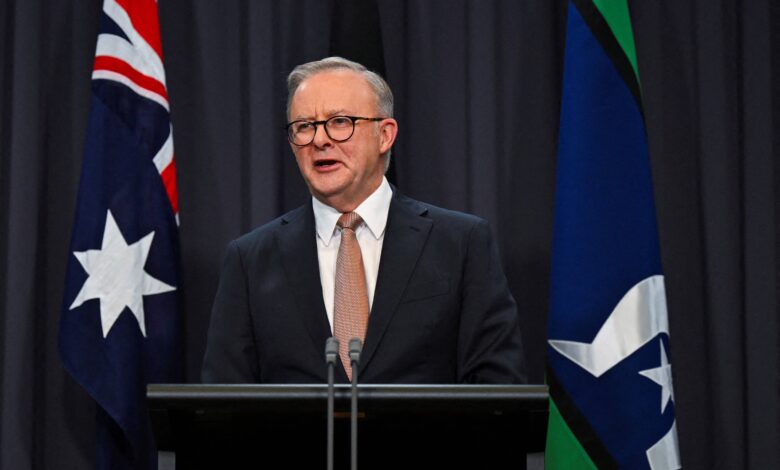
Australia’s House of Representatives voted decisively to pass a landmark bill that would ban social media use for children under 16 years old. The bill, which would cover platforms like TikTok, Facebook, Instagram, and X, was passed with a resounding majority of 103 to 13 votes.
With the bill now going to the Senate, it is likely to get the support of major political parties. If it becomes law, social media companies will face up to 50 million Australian dollars in fines, roughly $32 million, for non-compliance, and they will have one year to implement measures to adhere to the new rules.
Opposition member of parliament Dan Tehan pointed out that the government accepted amendments which increase the privacy protections of social media users, including prohibiting the requirement to provide government-issued identification to create an account.
But the technology companies have opposed the legislation. Meta, the parent company of Facebook and Instagram, called on the Australian government to delay the vote until the release of a study into the age-verification technology due in June next year. It said it could not know the implications of the age-assurance measures without such a study. “In its present form, the bill is inconsistent and ineffective,” Meta said.
Backers of the bill argued it is needed to safeguard children against harm from social media. Opposition members said the legislation did not tackle the core problems of social media and that it was eroding individual rights. Independent MP Zoe Daniel attacked the bill, saying that it “seems like a solution designed to look like action rather than actually keep kids safer online.”.
The law was panned by groups like Amnesty International, which, along with Australia’s Human Rights Commissioner, Lorraine Finlay, warned it could strip already vulnerable children of valued social contact. Australia’s Privacy Commissioner, Carly Kind, also joined voices of concern on LinkedIn, asking for a more “proportionate approach focused on the strengthening of privacy laws and positive changes in online environment, rather than bans.”.
As the bill makes its rounds, debate continues on balancing the need for child safety while protecting the rights and freedoms of the individual in the digital era.



